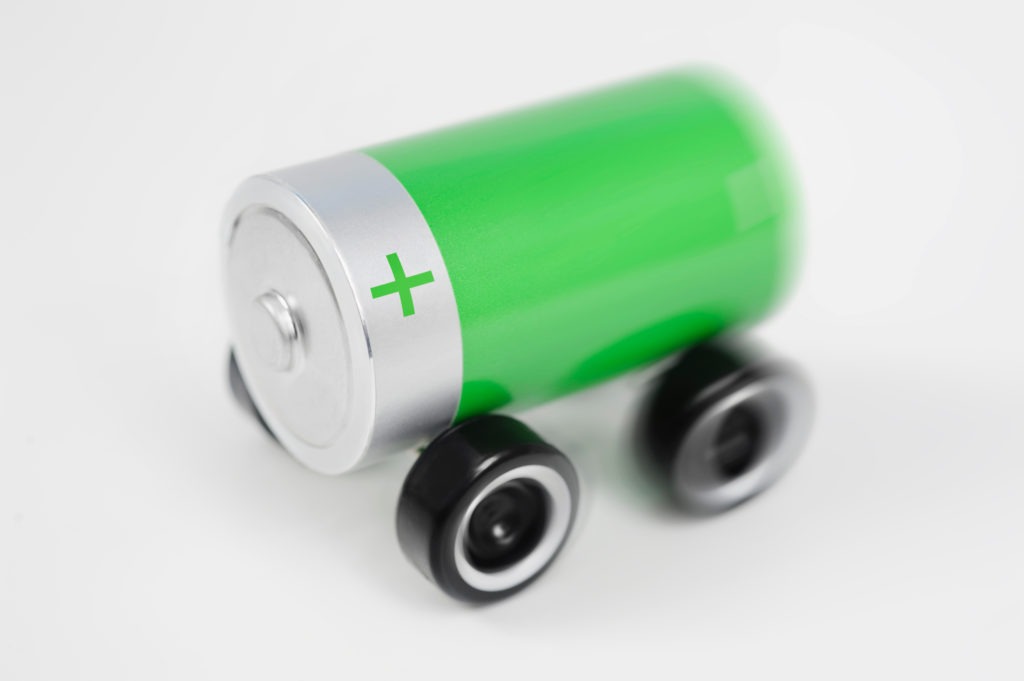UK Faraday Institute aims to make country a leader in solid state batteries
25 January 2018

25 January 2018
As part of a £42 million (€48 million) fund to ensure the UK can compete on the electric vehicle stage, the government has announced it is to open research into solid-state batteries.
The newly launched Faraday Institution is counting on Oxford University to lead the research program into the technology, which is lighter and safer than current lithium-ion batteries used by electric vehicles. They are also able to hold more charge, meaning vehicles using them can travel further distances, crucial to allowing the EV market to grow.
Business Minister Richard Harrington commented: ′With 200,000 electric vehicles set to be on UK roads by the end of 2018 and worldwide sales growing by 45% in 2016, investment in car batteries is a massive opportunity for Britain and one that is estimated to be worth £5 billion by 2025.
′Government investment, through the Faraday Institution, will deliver valuable research that will help us seise the economic opportunities presented by battery technology and our transition to a low-carbon economy.’
The £42 million (€48 million) is the first wave of a total £246 million (€281 million) allocated by the government to invest in battery technology under its Industrial Strategy. The money is to be divided amongst four different projects led by different groups of universities. These will focus on battery life, battery system modelling and battery recycling.
The government announced plans with Jaguar Land Rover to build a prototyping centre for battery development in June. Announcing the investment and location choice, UK business minister Greg Clark said the centre would help Britain compete globally.
While current lithium-ion batteries are the accepted technology for EVs, they are less stable than solid state, as well as having a shorter lifespan and less capacity. In turn, solid-state batteries are smaller, lighter and require less cooling. Therefore, once developed fully, manufacturers could pack more batteries with a higher charge into a vehicle, allowing it to travel further between top-ups.
As manufacturers are turning to battery technology to counter the fall in the diesel market, with quotas in China due to be enforced from 2019 pushing rapid development, technology needs to adapt to consumer demands. Toyota is currently looking at developing solid-state batteries in-house by 2022, while Honda also has a program for their development. Continental too is looking for sites to develop the technology and expects to begin production in 2024.
The batteries will require a new manufacturing process, which could enable UK companies to compete with the Asian giants such as Panasonic and LG Chem. ′We can double quadruple spending, and you’re not going to outspend the competition, we have to try to do things a different way,’ Peter Littlewood, founding executive chair of the Faraday Institution, said.